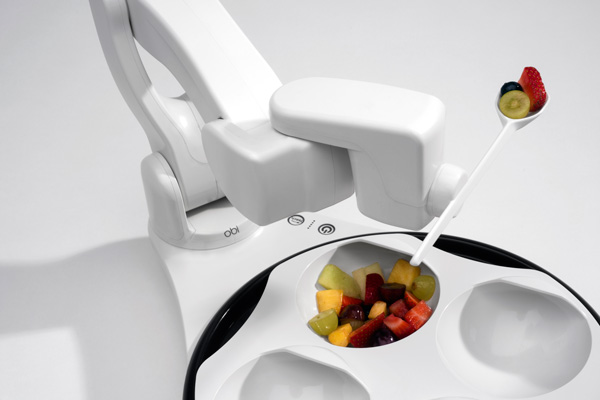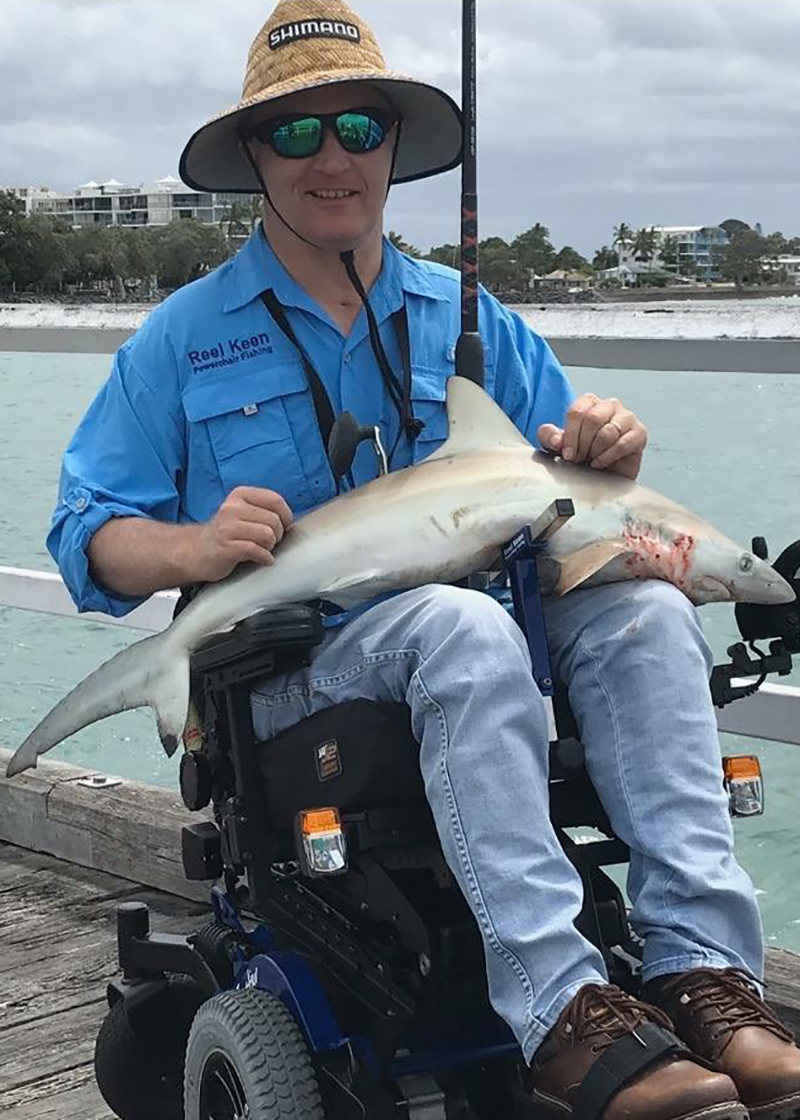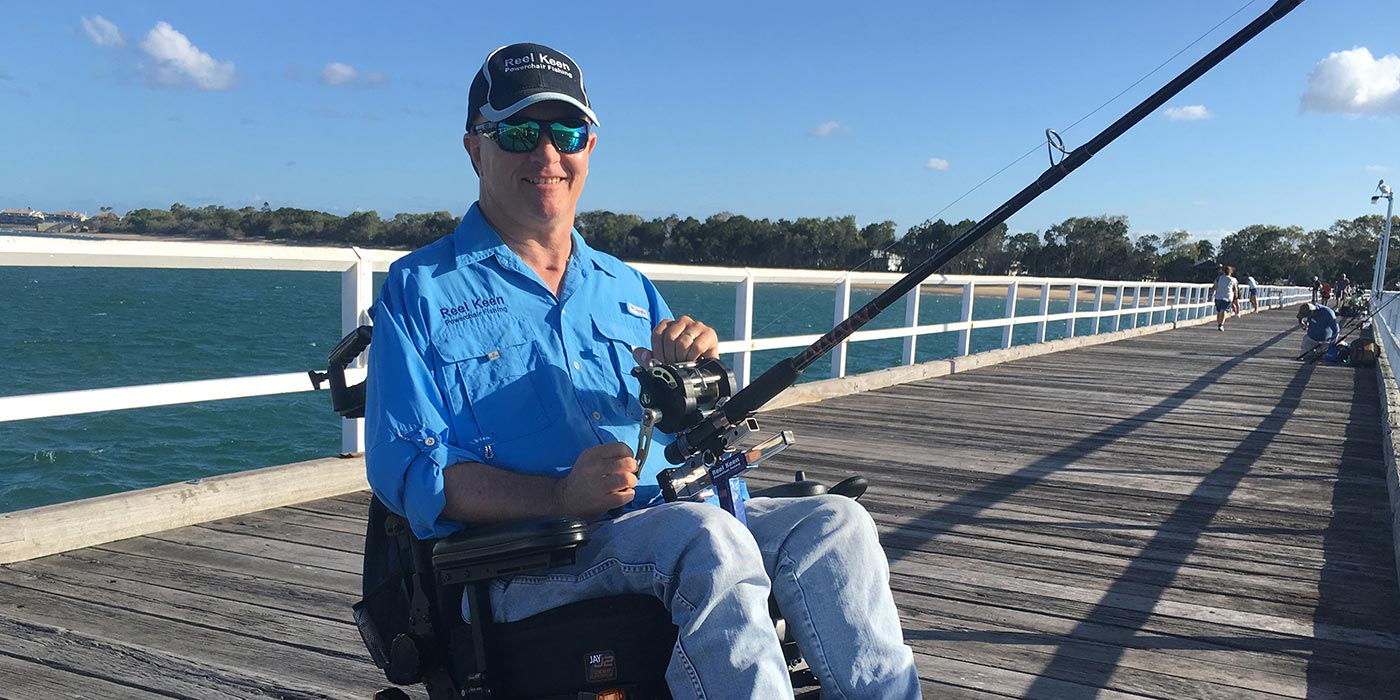It is so great to see many of the new products and services being introduced to the market are aiming to promote accessibility and inclusion. In this article, we’ve uncovered two you might not have heard of before, and how they are advancing accessibility in Australia.
One invention that’s changing the way people with disabilities live is called Obi. Obi is a robotic feeding aid that mimics the human arm with touch-sensitive buttons.
Created by a father and son team in the United States, the idea for Obi came from watching a family member with a disability struggle during mealtimes. “Game changer” is thrown around a lot when it comes to technology, and Obi certainly meets the criteria.
Wim Hartog is the endorsed supplier of the device here in Australia and has seen firsthand how Obi helps.
“I think this is the best invention ever to show people how independence should look,” Wim says.
“The first client to buy one from me was a nine-year-old boy who can’t use his arms at all. Until he got an Obi, his mum was assisting every mealtime. Now, with Obi, the whole family can have meals together – and he’s doing it all himself.”

The Obi robotic feeding aid mimics the human arm with touch-sensitive buttons.
While technology is certainly changing a lot for people with disability, low-tech innovations are also making an impact, especially in sport.
Just ask Powerchair Fishing guru and Queensland inventor, Rob Agius. With almost 60,000km of coastline and over 4000 marine species in Australia, it’s no surprise fishing is the go-to weekend event for Aussies. Rob is a keen fisherman – an expert, really. For him, fishing was a hobby that turned into a business, which is now providing opportunities to people with disabilities all over the world.
Rob was left a quadriplegic after a road accident just before his 18th birthday, but he hasn’t let that hold him back. A self-confessed handyman, Rob set out to create a device which made fishing possible again.
“After I had my accident, I found it difficult to fish, but once I moved to Hervey Bay I made getting back into fishing a goal. From there, I just played around with prototypes until I came up with the rod holder I sell now,” Rob said.
The fishing rod holder created by Queensland inventor Rob Agius.
The holder attaches to your wheelchair and takes only a few minutes to set up. The three-part product is no bigger than a dinner plate, so it’s easy to transport, but still allows you to catch huge fish!
“I tell everyone it’s how you turn your powerchair into a game chair in just minutes!” Rob said.
“The holder eliminates the fear of dropping the rod because it’s firmly secured to your chair and you’re able to pull back on the rod and wind it.”
Since selling his first rod holder in 2014, the product has gone global and has been shipped to the United States, United Kingdom, Sweden and New Zealand.
“But what the rod holder really does is enables you to participate at a level equal to the others around you. I’ve been at the pier many times and out-fished the fellas beside me.”
Obi and the rod holder are just two examples of how accessible and inclusive products are finally getting the attention they deserve. We can’t wait to see what’s next!


